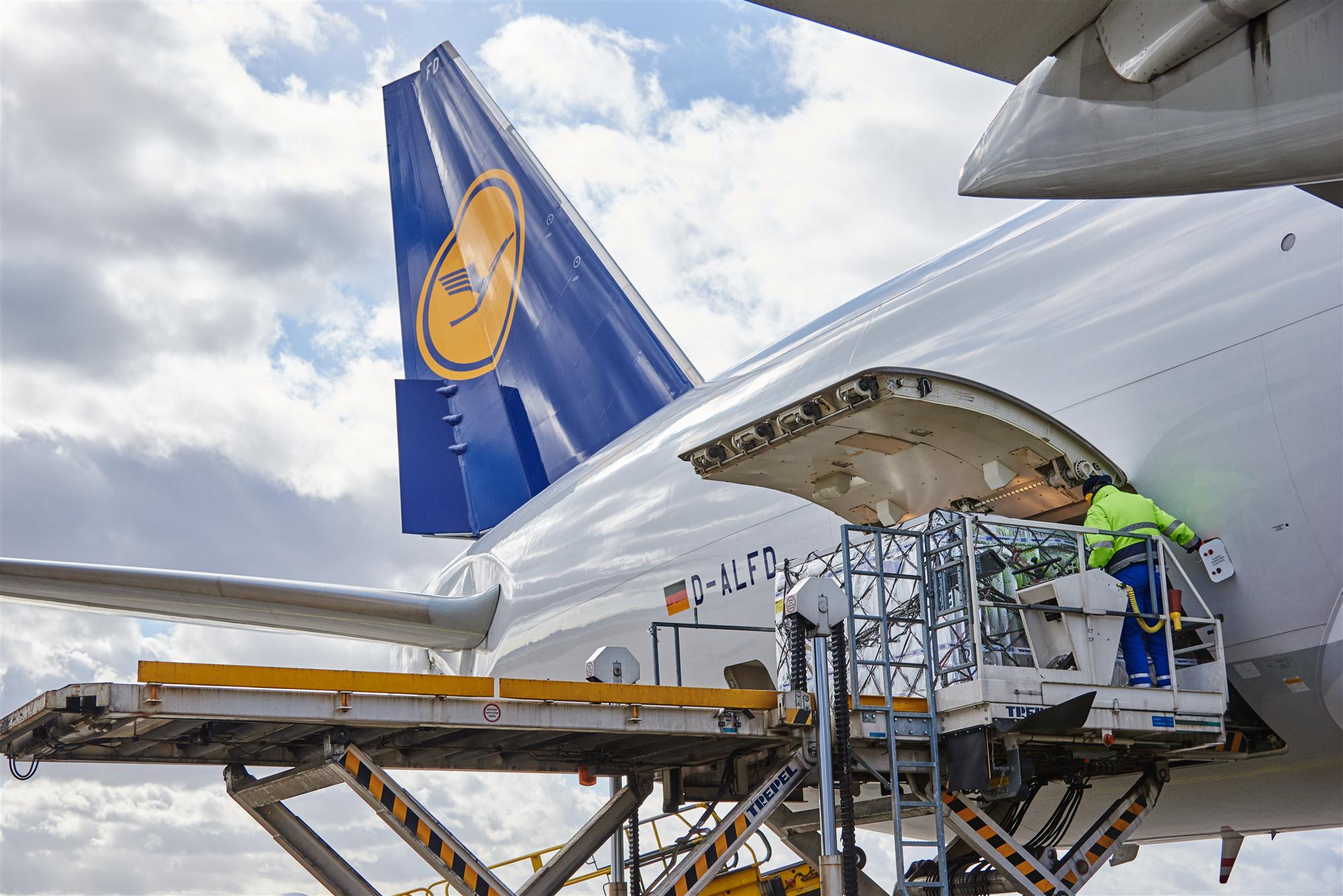Come January 1, electronic air waybills (e-AWBs) will become the default contract of carriage for air cargo shipments in all trade lanes enabled for the regime, the International Air Transport Association (IATA) has proclaimed.
“This key industry milestone ushers air cargo into a new era where digital processes will be the norm and paper processes will the exception,” the airline interest group declared.
Impatience has been mounting on the slow pace of adaption of the e-AWB scheme, which was first introduced in 2010. It is a key component of IATA’s drive to a digital environment called ‘e-Freight.’
The organization’s verdict counts for little if it is not enforced by the airlines, noted Bob Imbriani, executive vice-president international at forwarder Team Worldwide.
“We are driven by the airlines, not by IATA,” he said. “A lot of airlines are not ready for it.”
IATA claims that e-AWBs lead to improved efficiency and reliability, faster delivery times and a decrease in handling errors, but forwarders remain sceptical.
“We don’t see as much benefit as IATA makes it out,” said Imbriani. Forwarders still have to key in shipment information, so it is only the airlines who save time by avoiding data entry work, he pointed out.
Nevertheless, pressure is mounting on forwarders to digitize their interaction with air cargo carriers, and it is coming from multiple directions, including customers and regulators. One powerful driver has been the tightening air cargo security regime, notably the requirement to transmit manifest information to authorities at destination prior to loading the cargo on the aircraft.

Technology providers are happy to offer forwarders the tools for the requisite of flow of digital information. MNX, which specializes in time-critical shipments, mostly in the healthcare sector, opted for a cloud-based offering from Descartes Systems Group to comply with US requirements for advance data submission of incoming shipments. The service gathers the necessary data elements, validates the data format and sends it to US customs.
There may be a role for IATA to play in terms of making technologies available. On the passenger side of the business the airline body revealed plans last month to develop a platform similar to the Apple Store at the interface of airlines and technology providers. The project, branded Travel Grid, will start out as a platform for existing IATA technologies like digital certification, payment processing and identity verification.
The International Air Cargo Association (TIACA) teamed up with Air Cargo Belgium, the community organization at Brussels airport, to offer a masterclass on how the air cargo supply chain can leverage digital transformation and data sharing to fuel growth.
“It is imperative that supply chain professionals learn how to take advantage of emerging technologies and trends, as well as explore new ways of collaborating,” said Steven Polmans, vice-chairman of TIACA and head of cargo and logistics at Brussels Airport.
For their part, many airlines are turning the screws on digitization. Lufthansa Cargo, which has been collaborating with a number of technology providers, including tech start-ups, took a minority shareholding position in cargo.one in early December. The Berlin-based tech firm has developed a platform for booking and marketing air cargo capacity with a focus on dynamic spot rates.
“Cargo.one is another important step towards the digitization of our industry. We are pleased to have been one of the first airlines to recognize the potential of this multi-airline platform for our customers and to have made ourselves compatible,” said Peter Gerber, CEO and chairman of the executive board of the German carrier.
“We are also driving digitization in our industry through cooperation with start-ups and financial investments,” he added.
Like with the e-AWB, Imbriani does not see the forwarder as the main beneficiary of online bookings. His main concern is that this trend may bring a repeat of the steamship lines’ push to automate the booking process, which resulted in big difficulties for forwarders and shippers to get hold of carrier personnel to discuss issues.
“It’s difficult to speak to anyone at the steamship lines these days,” he said.
Airlines have deployed carrot-and-stick tactics to induce forwarders to move to electronic bookings. Some charge extra if forwarders submit paper documents, some offer lower pricing if the data is submitted electronically.
Imbriani is not convinced that the latter means lower costs for forwarders at the end of the day. “Whatever we’re saving we’re spending on IT people,” he reflected.
By Ian Putzger
Air Freight Correspondent | Toronto



